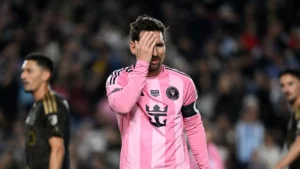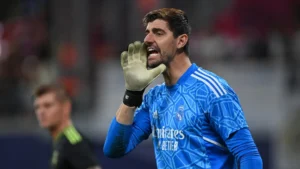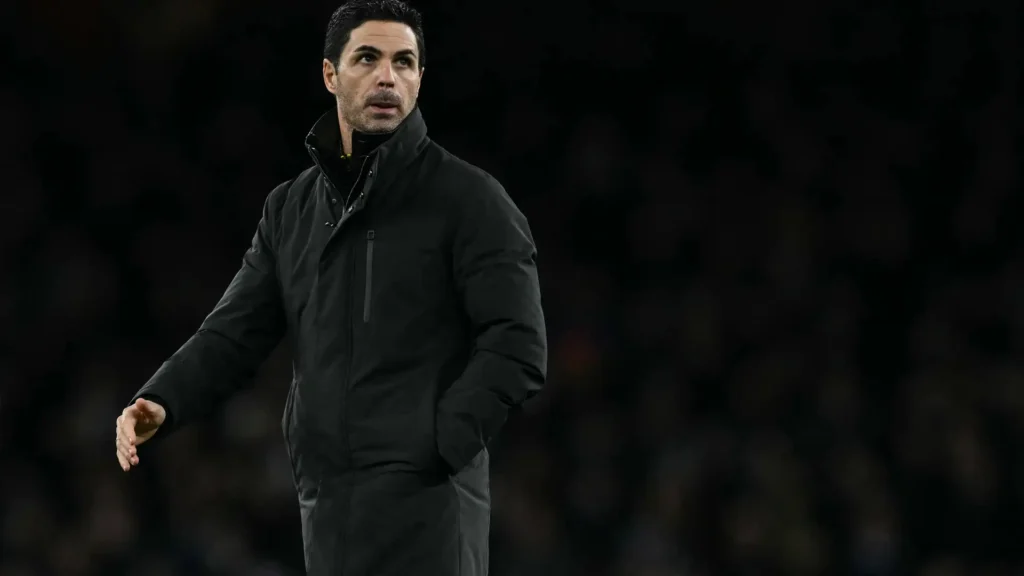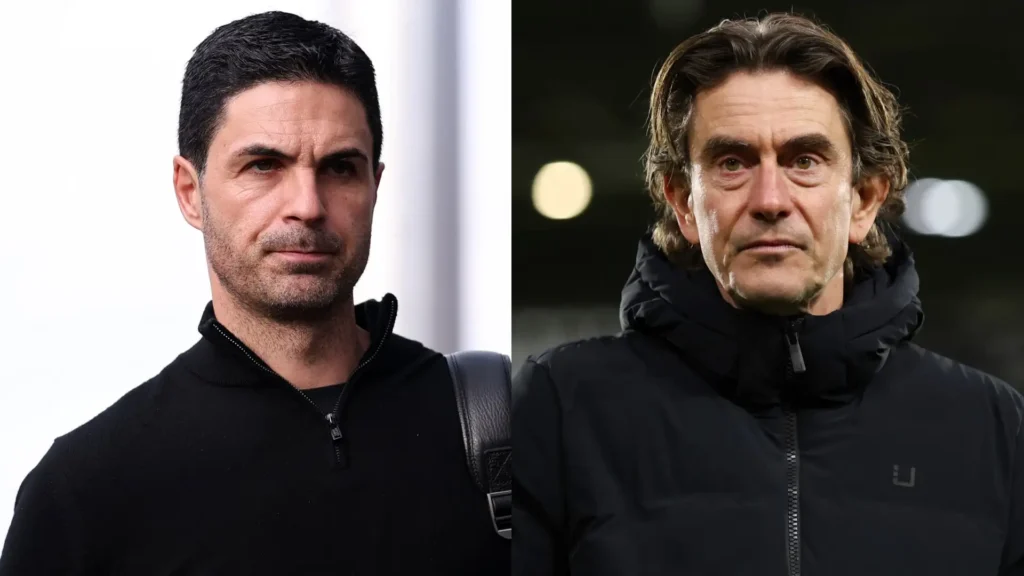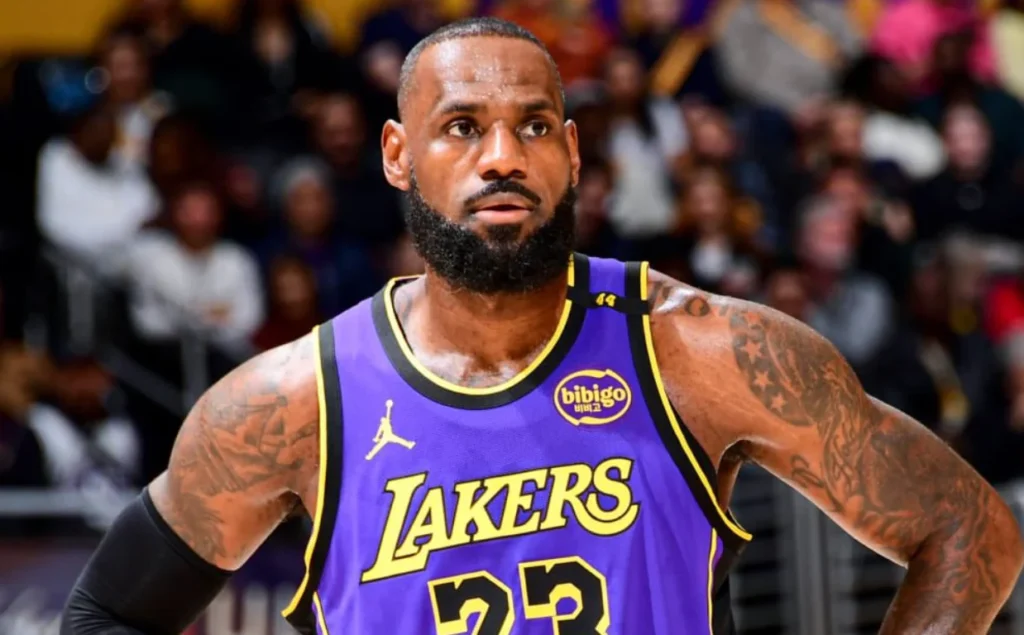The controversial European Super League could contain up to 80 teams in a multi-divisional format, the competition’s chief executive Bernd Reichart said.
“A European football league should be an open, multi-divisional competition with 60 to 80 teams, allowing for sustainable distribution of revenues across the pyramid”, explains Bernd Reichart 👉 https://t.co/zP0BdVv56p
— A22 Sports (@A22Sports) February 9, 2023
A22, a company formed to sponsor and assist with the creation of the Super League, has consulted with nearly 50 European clubs since October last year and developed 10 principles based on that consultation which underpin its plans for a new-look league.
According to the A22 chief, the new-look competition would be based on sporting performance only with no permanent members and the teams would be guaranteed a minimum of 14 matches per season.
“The foundations of European football are in danger of collapsing,” Reichert told German newspaper Die Welt
“It’s time for a change. It is the clubs that bear the entrepreneurial risk in football. But when important decisions are at stake, they are too often forced to sit idly by on the sidelines as the sporting and financial foundations crumble around them.
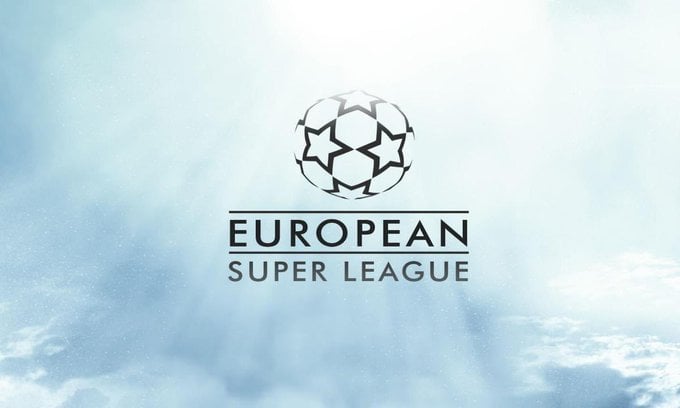
“Our talks have also made it clear that clubs often find it impossible to speak out publicly against a system that uses the threat of sanctions to thwart opposition.
“Our dialogue was open, honest, constructive and resulted in clear ideas about what changes are needed and how they could be implemented. There is a lot to do and we will continue our dialogue.”
A22 has challenged Europe’s soccer governing body UEFA and the world’s governing body’s FIFA rights to block the formation of the Super League and sanction the competing clubs in the courts, arguing the governing bodies are abusing a dominant position under EU competition law.
The European Court of Justice is due to give its final ruling in the case later this year, but a non-binding opinion delivered by the Advocate General in the case in December said rules allowing UEFA and FIFA to block the formation of new competitions was compatible with EU law.


 FIFA: USA government to determine World Championship city safety
FIFA: USA government to determine World Championship city safety  UEFA president says Cristiano Ronaldo is ‘one of the three best players in history’
UEFA president says Cristiano Ronaldo is ‘one of the three best players in history’ 


